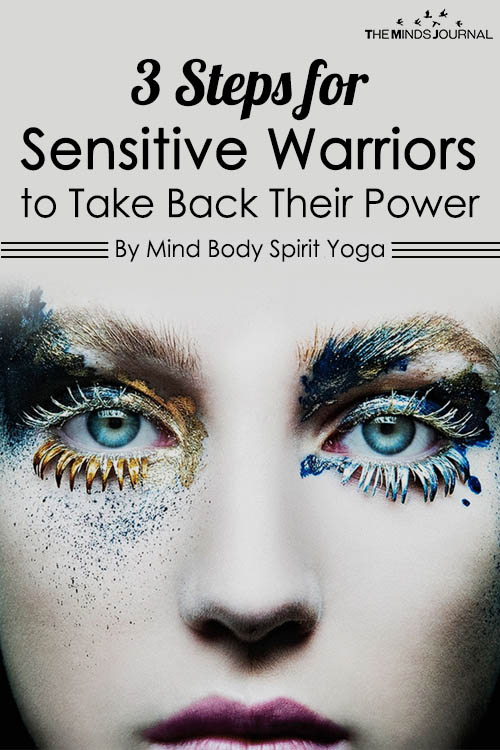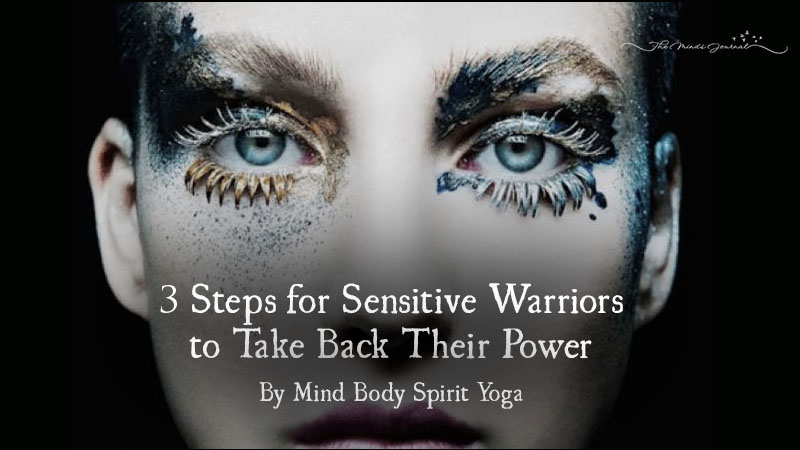There’s one mantra I created for myself and a philosophy I stand by: Self-knowledge equals power.
Have you ever struggled with the victim-abuser or passive-dominant dynamic in your relationships, whether they include friends, family, bosses, colleagues or partners?
Recently these old energies have been showing up for me and I’ve had to consciously change these patterns by actively standing in my power.
If you’re a sensitive soul and hardwired for kindness I know how terribly hard and painful it can be to express your truth and establish boundaries towards those who overstep them or mistreat you.
Even if you’re not highly sensitive or an empath, we all find ourselves in situations where we don’t want to hurt another’s feelings even when they’ve wronged us in some way.
But think at what price we choose to remain silent or let others get away with attempts at devalue or a show of their lack of respect?
The cost is to our peace of mind and self-worth. Our physical body too will hold the memories and trauma of giving away our power.
Know that you are the Master of your world and no one has the right to dominate, demean, betray or abuse you to any degree. Understand that how other people treat you is always a reflection of how they feel towards themselves.
Often it’s the sensitive types who become the target of other’s own inner violence which they’re unable to make conscious, and it becomes our spiritual work to dissolve and transform these dark energies.
We show our compassion by seeing the reality – evaluating the facts and then expressing our needs and position. True compassion is seeing things the way they are and taking right action. Empathy means to see things from the other’s perspective, whereas compassion is the alignment with reality and doing what is right by you and the other person, which for the highly sensitive often means standing firm in our power, establishing our boundaries and strictly declaring No – I will not be treated this way.
Sometimes it means walking away from the situation, depending on the amount of toxicity present.
It is healthy to always be evolving and growing into our best selves. This means taking a bold step out of our comfortable patterns of behaviour and surpassing our fears of what might happen if we defend ourselves.
Here are three quick steps to gain control over feelings of unease and powerlessness:
1) Own Your Experience
Bring your awareness to the Now and get still. This is your place for reclaiming your power. Reconnect with your breath and observe its flow.
Next, slow down the mental scripts by controlling your breath. One of the simplest techniques is three-part breath. Breathe in for a count of four, pause for two counts and exhale for six counts. After a few minutes let go of this breath control and come back to simply observing your breath.
Then, sweep your attention over your physical body and then your emotional body. Know what you are experiencing and hold your attention in this space of Now.
Read 10 Ways To Behave Around A Highly Sensitive Person
2) Gain Clarity Over the Situation
What has happened and how do you feel?
From Step 1 you may have already gained clarity and identified what is being experienced on the level of mind, body and emotions. Write down the situation that’s making you feel powerless. Let the words flow. Keep the pen moving until you’re satisfied with all the details.
Spare a few lines at the end of your ‘purge’ to re-evaluate the situation and write down the action steps to take that will bring you peace of mind and that honours your feelings and sense of self-worth.
3) Express your ‘Yes’ and your ‘No’.
Often this is the hardest part as it is the confrontation stage but this is also the stage at which you break free. Stand in your clarity and presence, which is your place of power and truth. Say Yes if there’s anything for you to take responsibility for and say No to the situation by expressing how you feel.
If the other party does not see reason or hold themselves accountable, walk away.
Keeping silent about your mistreatment contributes to the level of trauma held within the body – it is a form of self-violence. Your self-expression however firm or stern is a form of self-protection. Honour your anger and honour your self-expression.
Liberate yourself from unnecessary situations and drama! Building inner resiliency and strength is a process and takes practice. Keep shifting old energy – old patterns of behaviour out of your being.
Read 13 Things Emotionally Mature Men Do Differently
Be free now. Give yourself this gift of self-love and stand firm in your power.










Leave a Reply